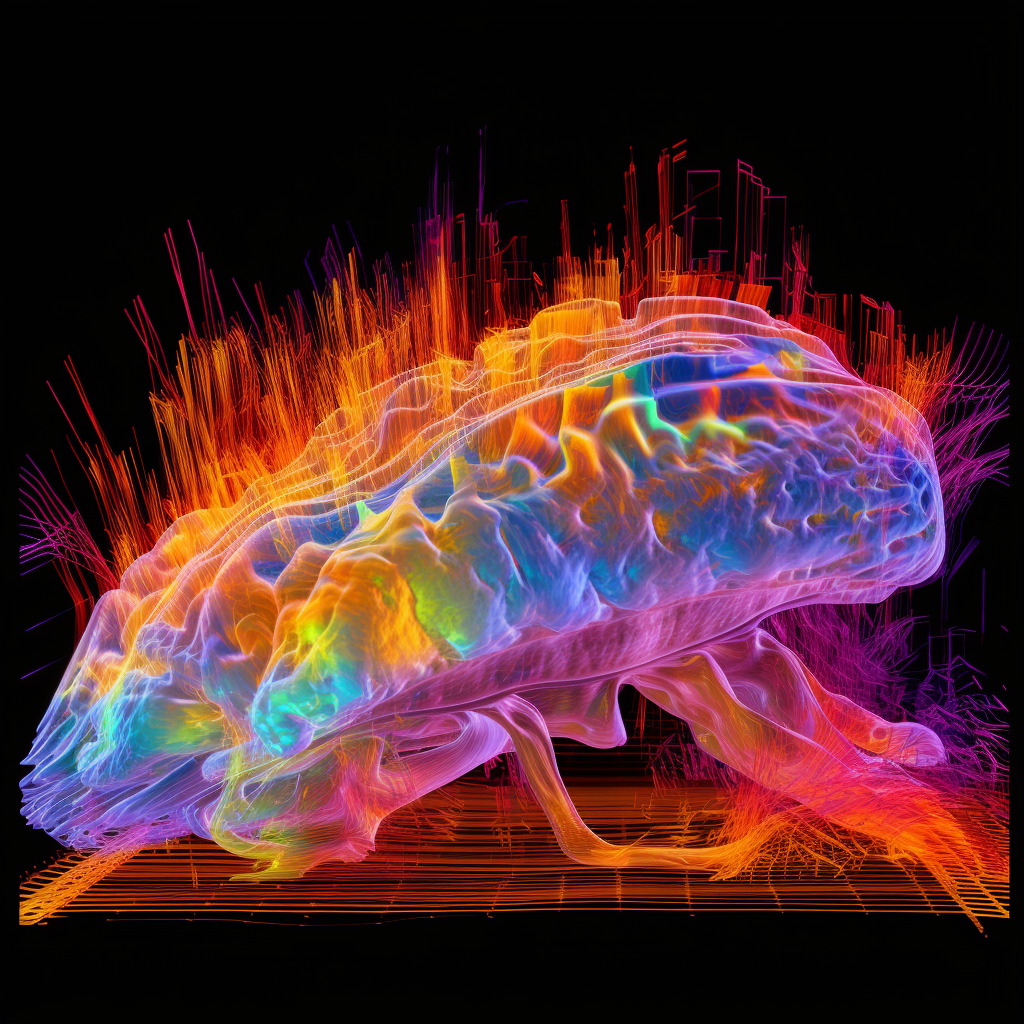This article explores the types, symptoms, consequences, risk factors, diagnosis methods, and treatment options for sleep apnea, highlighting the importance of timely intervention to achieve restful sleep and improve overall health.
Sleep Apnea: Types, Symptoms, and Treatment Options for Restful Sleep
Introduction:
Sleep apnea is a disruptive sleep disorder that can significantly impact your well-being. In this article, we delve into the types, symptoms, and consequences of sleep apnea. Explore risk factors, diagnosis methods, and treatment options such as continuous positive airway pressure (CPAP) therapy and lifestyle modifications to help you achieve restful sleep and improve your overall health.
Types of Sleep Apnea
Sleep apnea is classified into two main types:
- Obstructive Sleep Apnea (OSA): Caused by a physical blockage or narrowing of the airway, leading to breathing pauses during sleep.
- Central Sleep Apnea (CSA): Occurs when the brain fails to send proper signals to the muscles that control breathing.
Symptoms of Sleep Apnea
Recognizing the symptoms of sleep apnea is crucial for timely intervention. Look out for:
- Loud snoring
- Episodes of breathing pauses during sleep
- Gasping or choking sensations during sleep
- Excessive daytime sleepiness
- Morning headaches and dry mouth
Consequences of Untreated Sleep Apnea
Untreated sleep apnea can have significant consequences for both physical and mental health. These may include:
- Daytime fatigue and impaired concentration
- Increased risk of high blood pressure, heart disease, and stroke
- Mood disturbances and irritability
- Impaired work performance and accidents
Risk Factors for Sleep Apnea
Understanding the risk factors associated with sleep apnea can help identify individuals at higher risk. These risk factors include:
- Obesity or excess weight
- Advanced age
- Family history of sleep apnea
- Smoking and alcohol consumption
- Nasal congestion and anatomical abnormalities
Diagnosis and Treatment Options
Accurate diagnosis and appropriate treatment are crucial for managing sleep apnea. Diagnosis methods may include:
- Polysomnography (overnight sleep study)
- Home sleep apnea tests (portable monitoring)
Treatment options for sleep apnea include:
- Continuous Positive Airway Pressure (CPAP) therapy
- Oral appliances
- Lifestyle modifications (weight loss, regular exercise)
- Surgical interventions (in severe cases)
Conclusion:
Sleep apnea can disrupt your sleep and have serious health implications. By recognizing the types, symptoms, and consequences of sleep apnea, and exploring diagnosis methods and treatment options such as CPAP therapy and lifestyle modifications, you can take steps towards achieving restful sleep and improving your overall well-being.






